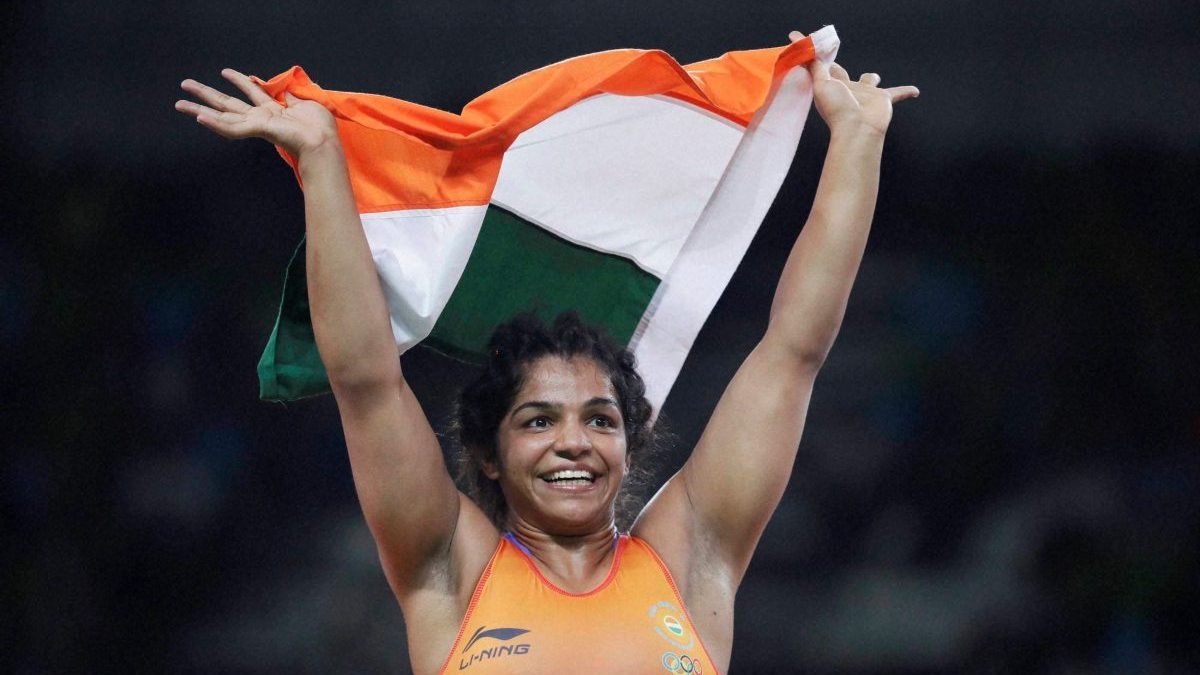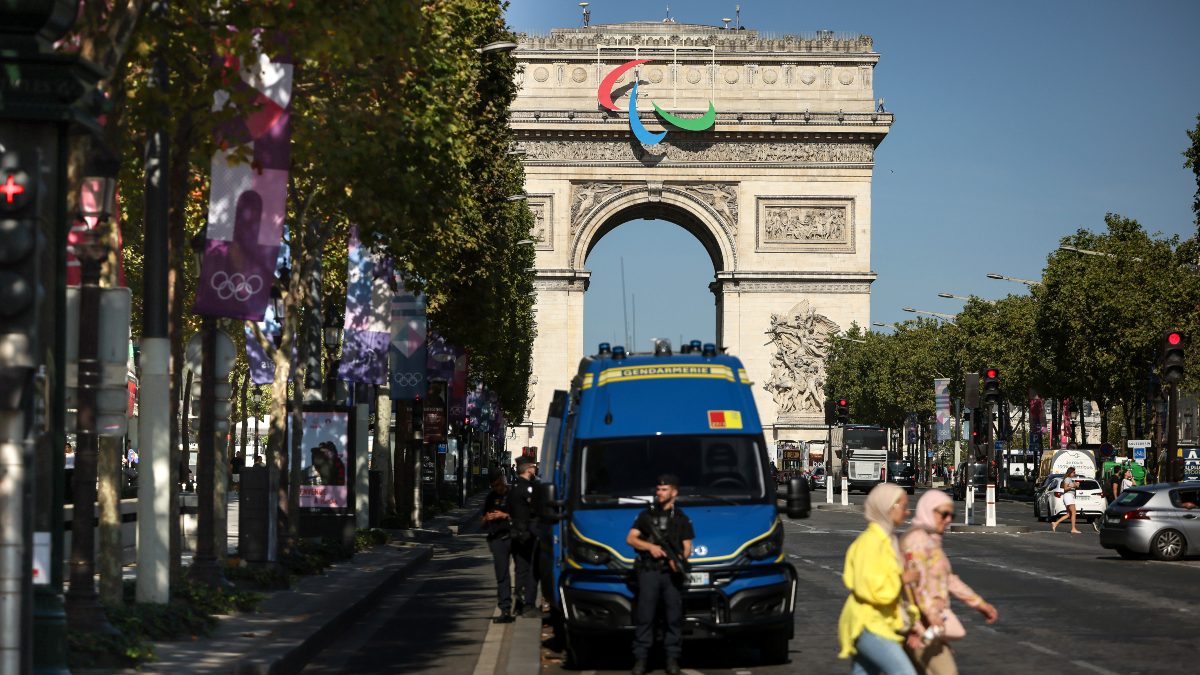We have made up a glossary of important terminology that could come in handy for anyone keen on following the Paris Olympics. read more
)
Sakshi Malik won wrestling bronze at Rio Olympics 2016 through the repechage round. PTI
The wait is nearly over and the start of the 2024 Paris Olympics is just officially a day away. In India, cricket might be the “religion” but when it comes to the season of Olympics, it’s a different atmosphere altogether with fans across the country and the globe backing their favourite and biggest sporting stars.
There will be 32 sporting disciplines that will take place in Paris and some other parts of France across the next two weeks. While for some it can be challenging to catch up with events happening simultaneously, others who are relatively new to following the Olympics or do not follow the sport much can have a difficult time understanding the game.
Paris Olympics Complete Coverage: Click here for news, schedule, explainers and more
But fret not. We have made up a glossary of important terminology that could come in handy for anyone keen on following the Paris Olympics. Let’s take a quick look at some of them here:
Heats: Heats is a term that is used in track and field, swimming, rowing, and canoeing events. Heats is nothing but the first round of a race. Due to the limited number of athletes who can race at a time, athletes are divided into groups across multiple heats to determine who progresses to the next round. The heats are followed by semi-finals and final.
Repechage: Repechage is a term that is commonly used in wrestling. However, wrestling is not the only sport where the term repechage is used. It’s used in some track events as well as well as in rowing events. The word comes from the French term ‘repecher’, which can roughly be translated into ‘to rescue’.
If a wrestler suffers defeat to an opponent who qualifies for the gold medal bout, the losing wrestler qualifies for the repechage round to remain in contention for a bronze medal. As for the number of repechage rounds an athlete will have to fight to win bronze, it will be based on the round in which they lost their first match. For example, if the wrestler suffered a loss in the semi-final then he or she will directly play the bronze medal bout. If he or she loses in the quarter-finals, then the athlete has to fight two bouts, and so on.
PC: Hockey fans might be familiar with this term. PC in hockey stands for penalty corners. Harmanpreet Singh is usually someone who takes penalty corners for India in men’s hockey. A penalty corner usually takes place when the defending side commits a foul inside the penalty area. The penalty area is also called a “D”.
In a penalty corner, the attacker stands at the backline, with a minimum 10 metres distance away from the goalpost. No other player is allowed within five metres of the attacker, who is also called the pusher. Once the umpire’s whistle is sounded, the pusher has to hit the ball towards his teammates, who will be waiting at the edge of the penalty circle.
Harmanpreet is usually India’s designated dragflicker, and once one of his teammates manages to trap the ball, Harmanpreet will aim to find the back of the net. Defenders, who wear protection, have their task cut out around this time given that they charge towards the attacker in a bid to save the goal. Penalty corners usually make the difference in a match and can even create defining moments in the contest.
RSC: RSC is an abbreviation for Referee Stops Contest. As the name suggests, it’s completely the referee’s decision when he stops a contest in boxing. If the referee feels that a boxer, who is on the verge of defeat and has taken a heavy toll on his body, cannot proceed further, then the referee immediately ends the bout, declaring a comprehensive victory for the winner. This is similar to technical knockout (TKO) in pro boxing.
Dressage: Dressage is a term used in equestrian events. The horse and its rider are needed to complete a series of movements that are pre-determined within a standard route. The judges then analyse the equestrian riders based on the obstacles surpassed as well as the accuracy. Proper coordination between the horse and the rider, as well as agility and technique, are important aspects of dressage. Anush Agarwalla is the lone Indian taking part in equestrian at the Pars Olympics.
Ippon: Tulika Mann will be India’s only athlete taking part in judo. Should she pin her opponent for 20 seconds, force her opponent into submission via a joint loke or a choke, or even throw her opponent on the back, then that bout immediately concludes and Tulika will emerge victorious with a 10-0 win. This is called a victory by ippon. This is something that is also used in karate and jujitsu, but among the three forms of Japanese martial arts, only Judo features at the Olympics.
Velodrome: Velodrome is the term that is used to define an indoor cycling track that is used for track cycling competitions.
BMX Track: BMX stands for Bicycle Motocross, and a BMX track is specially designed for BMX racing, with obstacles, jumps, and banked turns in place.
Mountain bike course: Mountain bike races are held on a trail system which like BMX racing includes several obstacles and terrains in place.
Synchronised swimming pools: Synchronised swimming events are held in these pools with speakers underwater and different kinds of depths.
Fencing hall: A designated room to hold fencing events that includes fencing strips and other equipments for competitions.
Equestrian Center: This is a venue for all equestrian events, which are, dressage, show jumping and eventing.

 1 month ago
16
1 month ago
16
)
)
)
)
)
)
)
)
)
)
)
)
)
)
)
)
)
)
)
)
)
)
)
)
)
 English (US) ·
English (US) ·